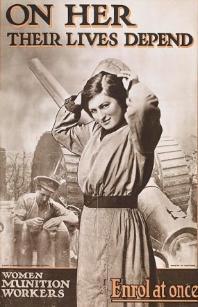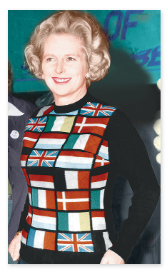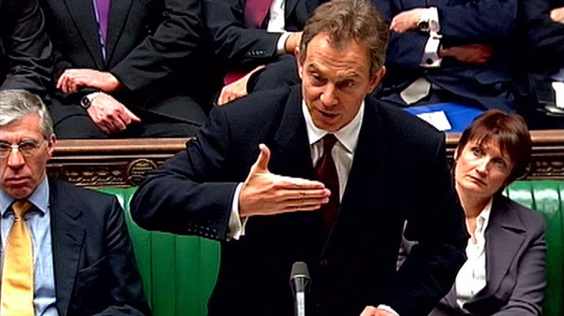History on the IFP
You complete two 15-credit modules if you choose this subject: The History of the UK from 1900 to 1955 in the first semester, and The History of the UK since 1956 in the second semester.
Through studying these two modules, you should be able to demonstrate a basic knowledge of key events and important developments in British history since 1900. You will also develop a wide range of academic skills that are necessary both to study History in particular and at university in general. These include taking effective lecture notes, carrying out research, constructing an argument, and referencing accurately and appropriately. You are also guided and encouraged to present ideas and evidence effectively and with clarity in writing and in seminar discussions. Many of these skills are particularly relevant if you are intending to study Law.
Why do this subject?
Studying History on Queen Mary’s IFP will particularly appeal to and suit you if you are interested in:
What do you study?
The modules The History of the UK from 1900 to 1955 and The History of the UK since 1956 examine some key political, economic, diplomatic, cultural and social events and processes that have shaped contemporary Britain, such as the two World Wars and their legacies; the development of the Welfare State; retreat from Empire, and the UK's complex relationships with the USA and the European Union. Cultural and social changes during the twentieth century - such as the rise of 'youth culture' and multiculturalism; the changing status of women, and shifts within British political alignment and the 'class' system - are also considered, and their impact upon twenty-first century life is assessed.
How are you taught?
You are taught through a combination of lectures and seminars that also help to develop intercultural skills, academic communication skills and critical thinking.
How are you assessed?
You are assessed through a combination of coursework, a class test, and an end-of-year exam. In addition, you are expected to contribute actively and constructively to seminar discussions and activities. Preparation for and participation in seminar discussions count towards a seminar skills element of assessment.
Who teaches this subject?

Dr Jack McGowan has been Convenor for IFP History since 2011. Jack completed his PhD at Queen Mary University of London. He also teaches Academic Skills and English for Academic Purposes at the University of Essex, where he was previously Lecturer in History for five years on their International Foundation Programme. Jack has taught in Queen Mary's School of History and Department of Drama, and on the University of Connecticut study abroad programme in London. His research interests focus on post-1945 British political and cultural history, particularly during the 1960s, 1970s and 1980s.
What else should prospective students know?
History and International Relations and Politics must be taken by all students who intend to study Law after the IFP.
Some students may wish to do some reading in advance to get a flavour of some of the topics and the type of language you will encounter when studying the History modules on the IFP. Reading any short sections of this widely-available book will help you to prepare:
Charles More, Britain in the Twentieth Century (Harlow: Pearson Longman, 2007).
Watching or listening to BBC television or radio historical documentaries, or news reports on current events, will also help you to prepare for your studies. Three other authoritative, recommended media sources are The Guardian, The Independent, and Channel 4 News.
History is one of the most popular degree subjects in the UK and is a subject which is highly regarded by potential employers as it develops a wide range of important transferable skills. The School of History at Queen Mary University of London is one of the best history departments in the UK and students who do this module and achieve the required grades are guaranteed progression. You can find out more about the value of studying history from the Historical Association here.
You will learn more about the historical context of these images while studying IFP History:

First World War British Ministry of Munitions recruitment poster, 1916.

Labour Party poster for the 1945 General Election

Future British Prime Minister Margaret Thatcher campaigning in 1975 for the UK to remain within the European Economic Community.

Labour Prime Minister Tony Blair addresses the House of Commons in 2003 about possible war with Iraq